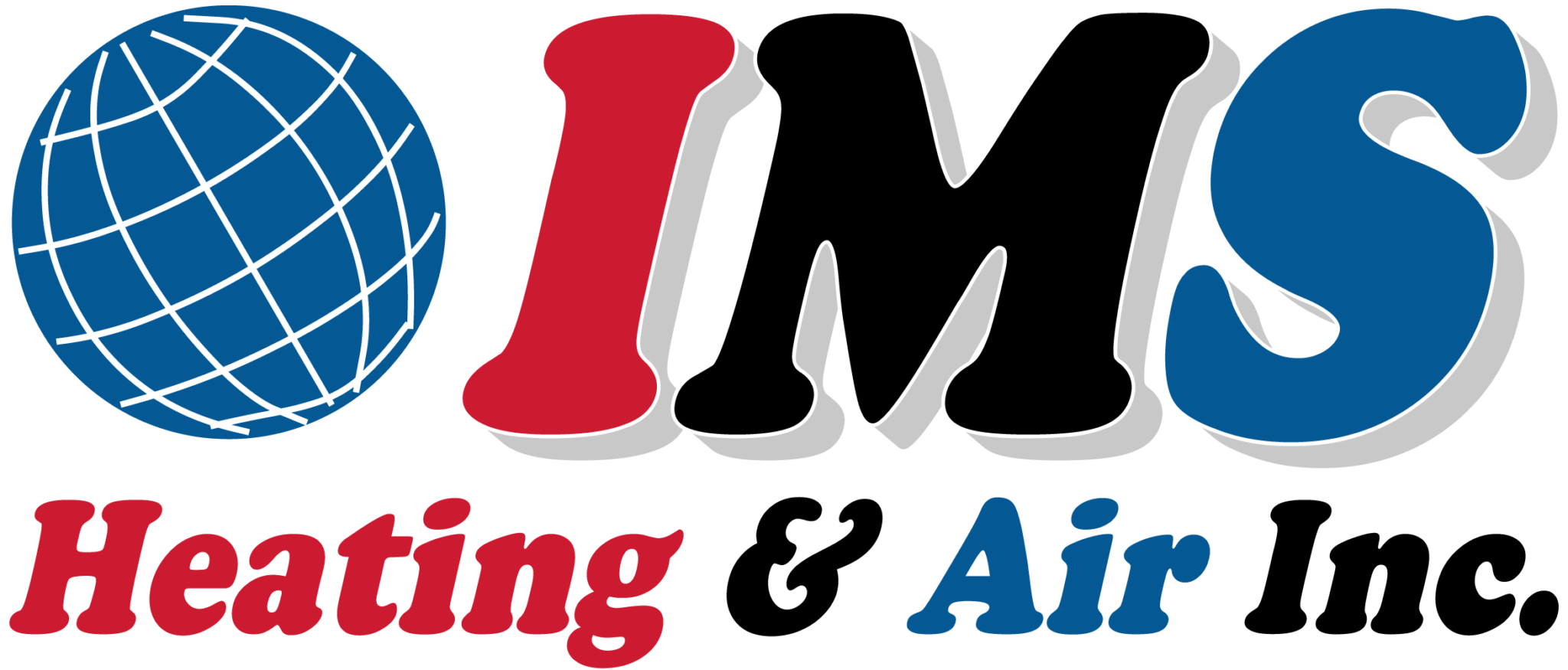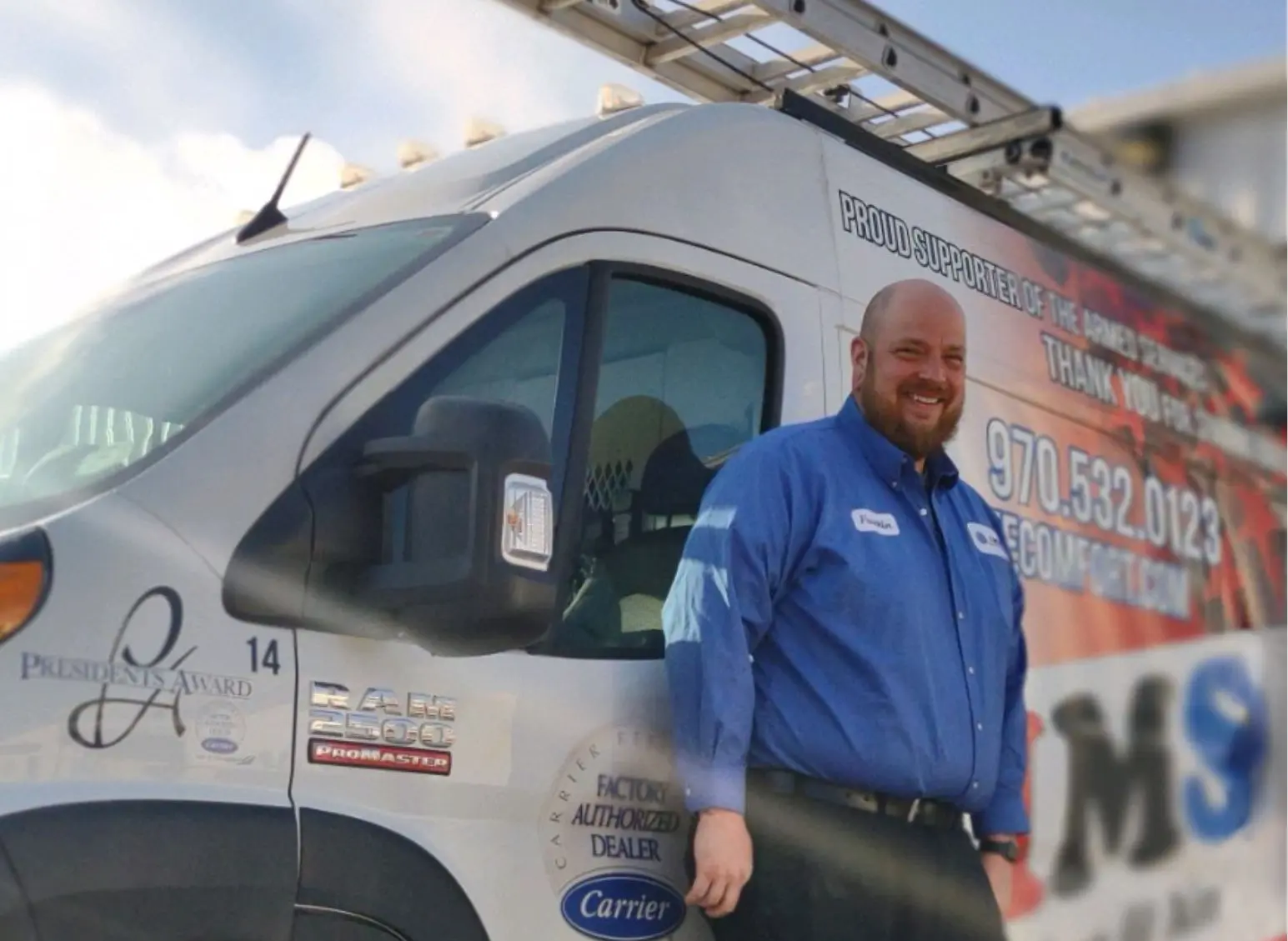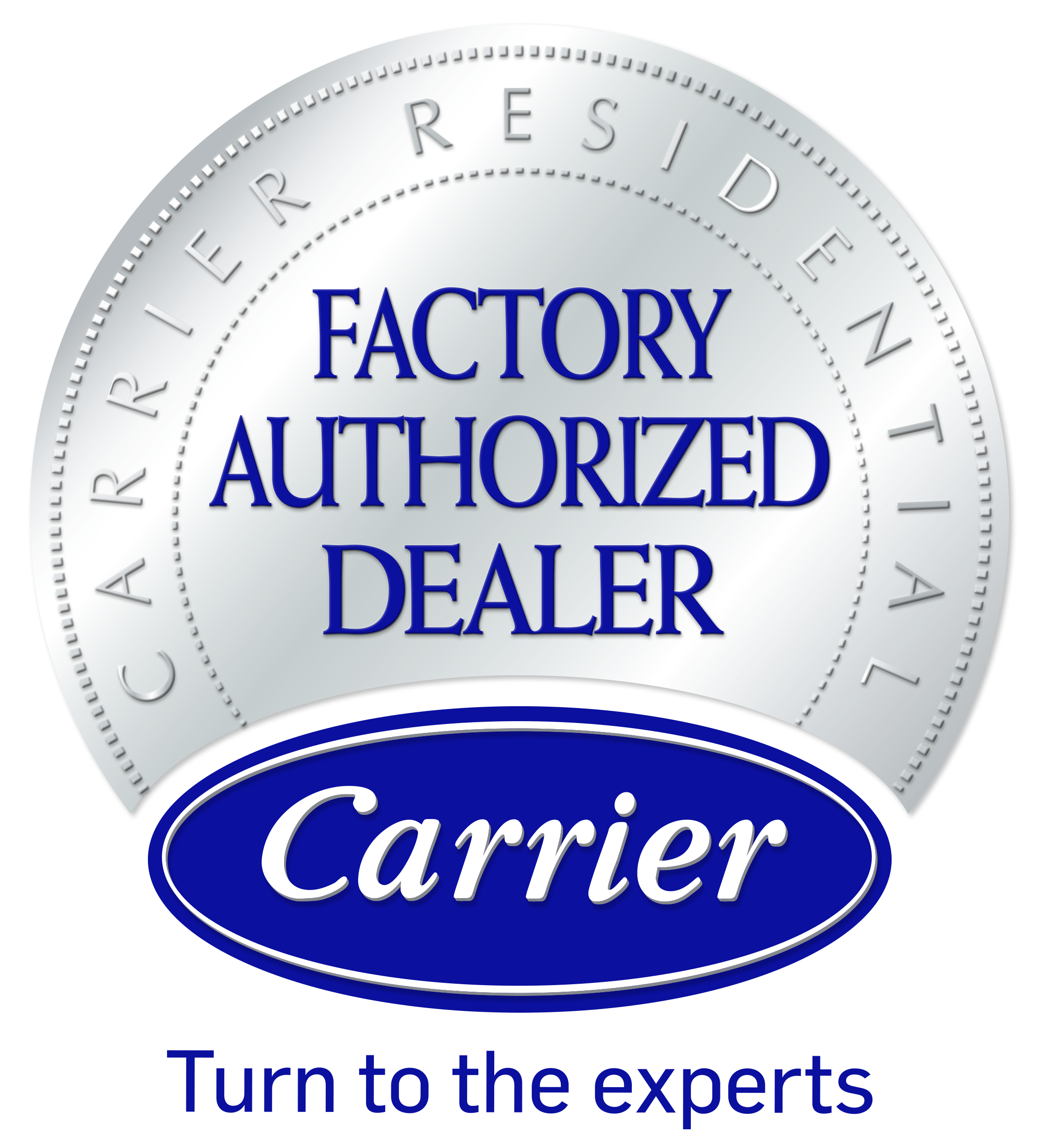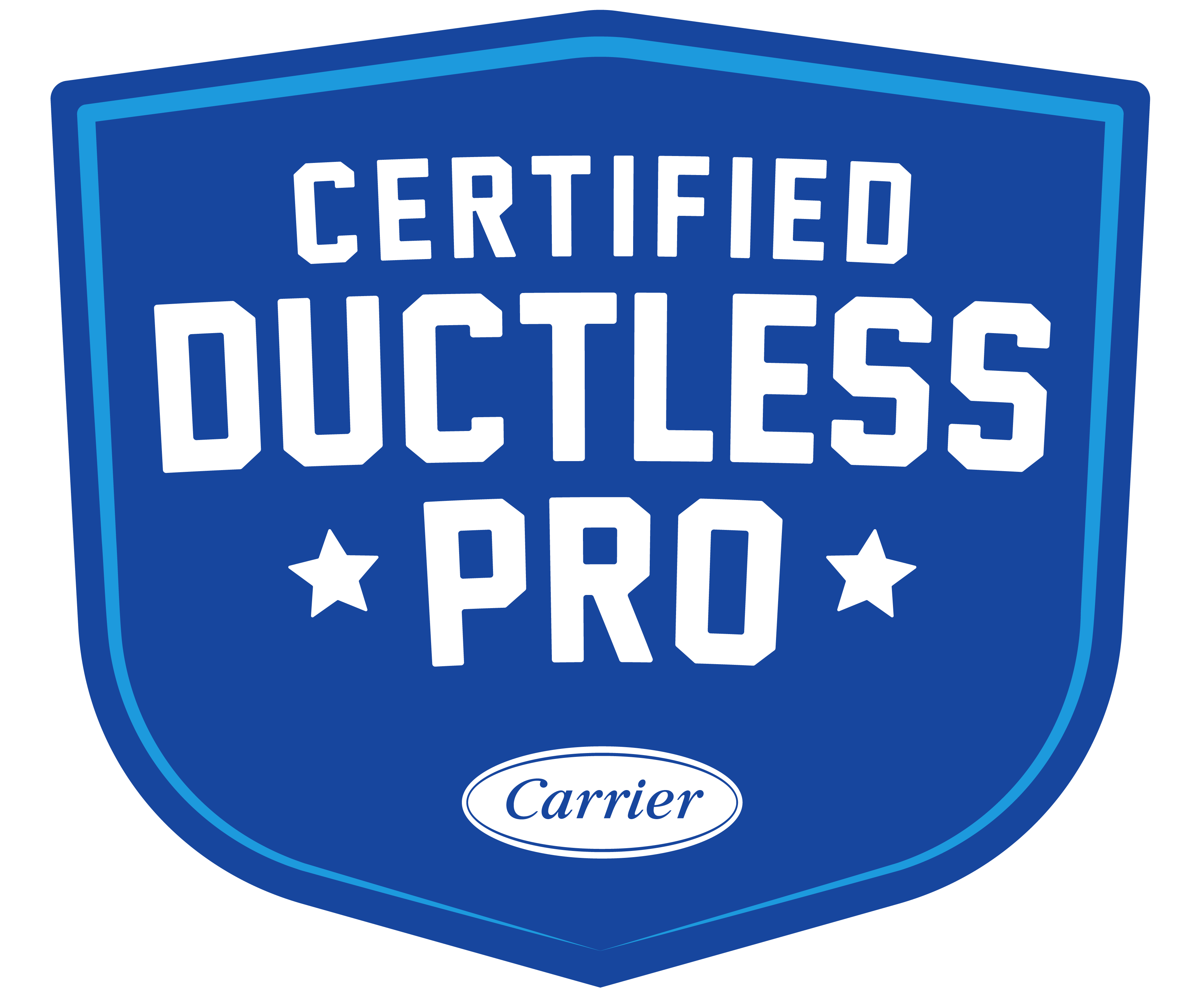Boulder, Colorado, is known for its breathtaking mountain views, vibrant outdoor lifestyle, and its commitment to sustainability. With a climate that offers plenty of sunshine and mild temperatures throughout the year, it’s no surprise that many homes and businesses in Boulder rely on air conditioning to keep things comfortable when the heat does kick in. However, as environmental regulations evolve, homeowners are finding themselves needing to navigate changes in HVAC systems, particularly when it comes to refrigerants.
As of 2025, changes to refrigerant regulations are making waves in the HVAC industry, but with any new rule comes confusion, especially around what’s fact and what’s fiction. As with any significant shift in regulation, myths are bound to emerge—particularly around how these changes will impact homeowners here in Boulder. To help clear up any misunderstandings, we’re debunking some of the most common myths about the 2025 refrigerant regulations, so you can stay informed and make the best decisions for your home.
1. Myth: “I Don’t Need to Worry About Refrigerant Changes—My AC Is Fine.”
Many homeowners in Boulder may believe that as long as their air conditioning unit is working, they don’t need to worry about refrigerant changes. This simply isn’t true. The refrigerants used in older air conditioning units, such as R-22, are being phased out due to their harmful effects on the environment. Under current regulations, these older refrigerants are no longer being produced, and their use is being heavily restricted. If your air conditioning system uses R-22, you’ll need to take action before it becomes even harder to find replacement refrigerants.
If your unit is still operating with R-22, it’s important to know that while it may work in the short term, you may face higher costs to maintain it as the refrigerant becomes scarcer. Plus, if your system develops a refrigerant leak, finding R-22 to recharge your system could become increasingly difficult. It’s crucial to take stock of your system and consider a refrigerant upgrade to ensure you’re compliant with 2025 regulations.
2. Myth: “Switching to a New Refrigerant Will Be Too Expensive.”
There’s no denying that a refrigerant switch can incur some upfront costs, but many homeowners overestimate how expensive it will be to make the switch. While replacing older systems can be a significant investment, upgrading to newer refrigerants doesn’t necessarily mean you need to replace your entire HVAC unit. Many newer systems are designed to accommodate modern refrigerants, such as R-410A, which is widely considered more energy-efficient and environmentally friendly.
In fact, making the switch to a more eco-friendly refrigerant can save you money in the long run by improving your system’s efficiency. The U.S. Department of Energy estimates that upgrading to a more energy-efficient system can reduce cooling costs by up to 20%, which can offset the initial investment over time. When you factor in the possibility of rising maintenance costs for older systems, the long-term savings can be significant.
3. Myth: “New Refrigerants Are Just as Harmful to the Environment as Older Ones.”
One of the biggest myths circulating around the 2025 refrigerant regulations is that new refrigerants are just as harmful to the environment as their predecessors. This simply isn’t true. In fact, the refrigerants that are being phased in under the new regulations, like R-410A and R-32, have a significantly lower global warming potential (GWP) compared to older refrigerants like R-22.
For example, R-22 has a GWP of 1,810, meaning it’s 1,810 times more potent than carbon dioxide in terms of its contribution to climate change. On the other hand, R-410A has a GWP of 2,088, which, while still high, is considered a safer alternative for the environment. Newer refrigerants, like R-32, have even lower GWP ratings, and they are expected to play an even bigger role in reducing the environmental impact of HVAC systems in the years ahead.
The move toward refrigerants with lower GWP is a critical step in addressing climate change. By switching to newer systems, you’ll be doing your part to protect the environment without sacrificing comfort or efficiency.
4. Myth: “My HVAC Technician Can’t Work on New Refrigerants Without Special Training.”
It’s understandable to think that working with newer refrigerants might require special certification or extensive training, but the truth is that HVAC professionals who are already licensed and trained can work on modern refrigerants. In fact, HVAC technicians are required to have specific certifications, such as the EPA 608 Certification, to handle refrigerants safely, whether they’re old or new.
That said, it’s important to ensure that your technician is up-to-date on the latest refrigerant regulations and understands the differences between older and newer refrigerants. When you hire a reputable HVAC provider, like IMS Heating & Air Inc., you can rest assured that our technicians have the knowledge and experience to handle all types of refrigerants safely and efficiently.
5. Myth: “My Air Conditioning System Is Too Old to Be Upgraded.”
Another common myth is that older systems can’t be upgraded to use new refrigerants. While it’s true that very old systems might not be compatible with newer refrigerants, many systems built in the last decade can be retrofitted to use modern refrigerants. In some cases, your HVAC technician can replace certain components, such as the compressor or the expansion valve, to make your system compatible with newer refrigerants like R-410A or R-32.
Retrofitting your system can be a more affordable option than replacing it entirely, but it’s important to consult with a professional HVAC technician to determine whether this is a viable option for your system. If your unit is already showing signs of wear and tear, however, it might be more cost-effective to replace it with a newer, more efficient model that uses eco-friendly refrigerants.
6. Myth: “There’s No Urgency to Upgrade My Refrigerant.”
With 2025 already upon us, many homeowners mistakenly think they have all the time in the world to deal with refrigerant changes. While it’s true that the regulations won’t affect all systems immediately, it’s important to act sooner rather than later. The longer you wait to upgrade your refrigerant or replace your old system, the more expensive it may become to maintain or repair.
Additionally, if your current system relies on R-22 refrigerant, you may soon find that it’s harder and more expensive to find replacement refrigerant in the event of a leak. By making the switch early, you can avoid costly repairs, reduce your environmental impact, and ensure your system is compliant with future regulations.
7. Myth: “New Refrigerants Don’t Work as Well in Boulder’s Climate.”
Some homeowners worry that new refrigerants won’t perform as well in Boulder’s specific climate. After all, our weather can be unpredictable, ranging from hot summer days to cold winters. However, modern refrigerants like R-410A and R-32 are specifically designed to perform well in a wide range of climates, including those with temperature fluctuations like ours.
In fact, newer refrigerants are often more efficient at cooling, meaning they can keep your home comfortable while using less energy. This is especially important in Boulder, where residents are increasingly conscious of their energy consumption and the environmental impact of their heating and cooling systems.
For HVAC Services in Boulder, CO, Contact IMS Heating & Air Inc. Today
Navigating the changes in refrigerant regulations can be daunting, but with the right information and professional guidance, it doesn’t have to be. At IMS Heating & Air Inc., we’re committed to helping homeowners in Boulder stay ahead of the curve when it comes to refrigerant changes. Whether you need to upgrade your system, retrofit your existing unit, or simply ensure compliance with current regulations, our experienced team is here to help.
Don’t wait—take action now to ensure your HVAC system is ready for the future. Contact IMS Heating & Air Inc. today for all your HVAC needs. We’re here to provide the expert advice, high-quality service, and peace of mind you deserve.





